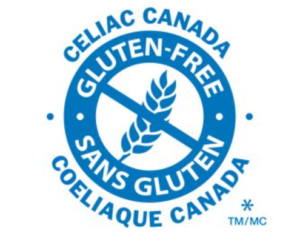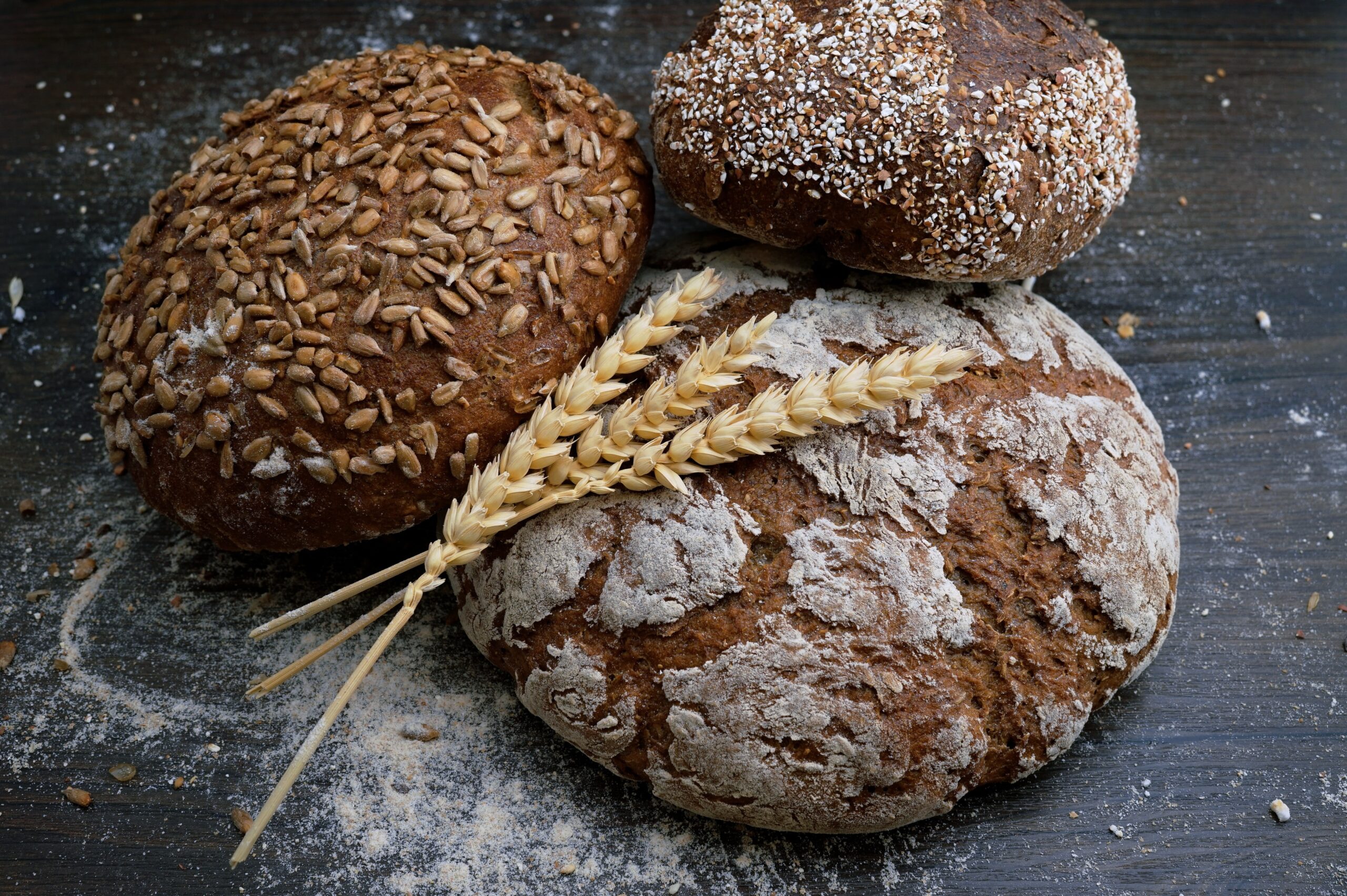Diets have a major impact on all of our lives.
From eating disorders to allergies and diseases, someone’s advice or ‘tips’ can have a major impact on how our physical and mental health looks on a day-to-day basis. However, not every tip you see on social media works for your body, and some ‘tips’ (eg. fasting for a certain period), could be detrimental to your health and how you look at yourself in the mirror. For this reason, I deeply respect and appreciate my dietitian and my family, as I found out I have celiac disease.
What is Celiac Disease?
It is a serious autoimmune condition, triggered by gluten, that prevents one from absorbing the nutrients they need from their food. This disease is often misdiagnosed; according to the Celiac Disease Foundation, “only about 30% are properly diagnosed” and it “affects about 1 in 100 people worldwide”¹. That’s because celiac disease can be associated with many other conditions or diseases since nutrition deficiency is not only present in celiac disease. To have celiac disease, the individual usually possesses a hereditary predisposition called human leukocyte antigen (HLA) DQ2 and or DQ8, passed down from your parents². Then, the individual will be tested by blood work and or an endoscopy, to confirm if their small intestine is inflamed and if it’s due to their gluten intake. If it is, then the reason is mostly likely due to the individual’s immune system attacking and flattening the small villi in their small intestine (finger-like projections in small intestine; which are responsible for absorbing nutrients when digesting food), when they eat gluten.
What are its symptoms?
If it is not being treated, symptoms can range from almost none to many and or severe. Here are some of the many³;
- Iron deficiency anemia
- Vitamin deficiency
- Fatigue
- Low bone density
- Skin rashes
- Bloating
- Constipation
- Diarrhea
- Weight loss
- Lack of growth
- Cancer (Only in the most severe cases, if not treated for a long time.)
Treatments and Cures
Unfortunately, there is no cure for celiac disease yet, but constant research is being done. However, there is an effective and simple treatment; a strict, life-long, gluten-free diet. If an individual adheres to a gluten-free diet for the rest of their lives, then gluten cannot get into their body in the first place, so the whole autoimmune reaction will not happen, preventing the small (finger-like) villi in their intestine from being attacked. Thus, their small villi will be able to absorb nutrients from their food better as time goes on and their small intestine starts to heal. However, due to the gluten-free diet lacking fibre, it is recommended that celiacs eat more leafy green vegetables and other high-fibre food, to combat this. Therefore, so long as they follow through with this diet, they should see a significant decrease in their symptoms in their first year or so (may take longer, depending on their severity), hence leading a happier and healthier life.
What to be Careful of as a Celiac
Since gluten is present in wheat, barley, and rye, which are widespread ingredients that we see everywhere, it is important to be aware of cross-contamination. Since many products and fast-food restaurants make their food in the same areas that food with gluten is made, it is important to check the labels on the products and ask many questions to the chefs at the restaurants, to make sure no gluten is being contaminated in their ‘gluten-free’ products and dishes. An important label to look for is the following⁴;

My Dietitian’s and Family’s Importance
So, if all I have to do is follow a gluten-free diet, why is my dietitian that important to me? Well, because many foods you used to like contain and eat daily, have gluten in them, and if you are a picky eater like me, it can be a very hard transition to make, which can result in a bad relationship with food. That’s why my dietitian and my family help me find options that I will enjoy as well so that I do not get turned off by the idea of food. Thus, resulting in a healthy, life-long, and enthusiastic relationship with my food instead of trying to avoid the idea of food completely and damaging my health in the long term.
Thank you for your time reading this!
I hope it made you feel that you are not alone when it comes to dieting hardships and that it was informative! But for more information, check out Celiac Canada⁵!
Sources:
¹ https://celiac.org/about-celiac-disease/what-is-celiac-disease/
² https://www.massgeneral.org/children/celiac-disease/genetic-testing-for-celiac-disease
³ https://www.celiac.ca/gluten-related-disorders/signs-symptoms/
⁴ https://www.celiac.ca/living-gluten-free/gf-product-finder/
⁵ https://www.celiac.ca/


